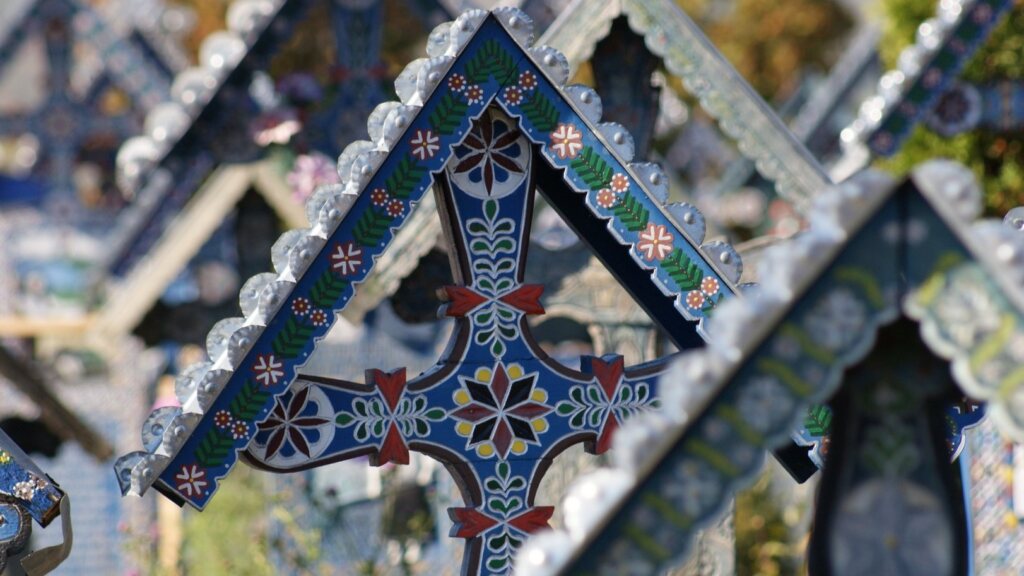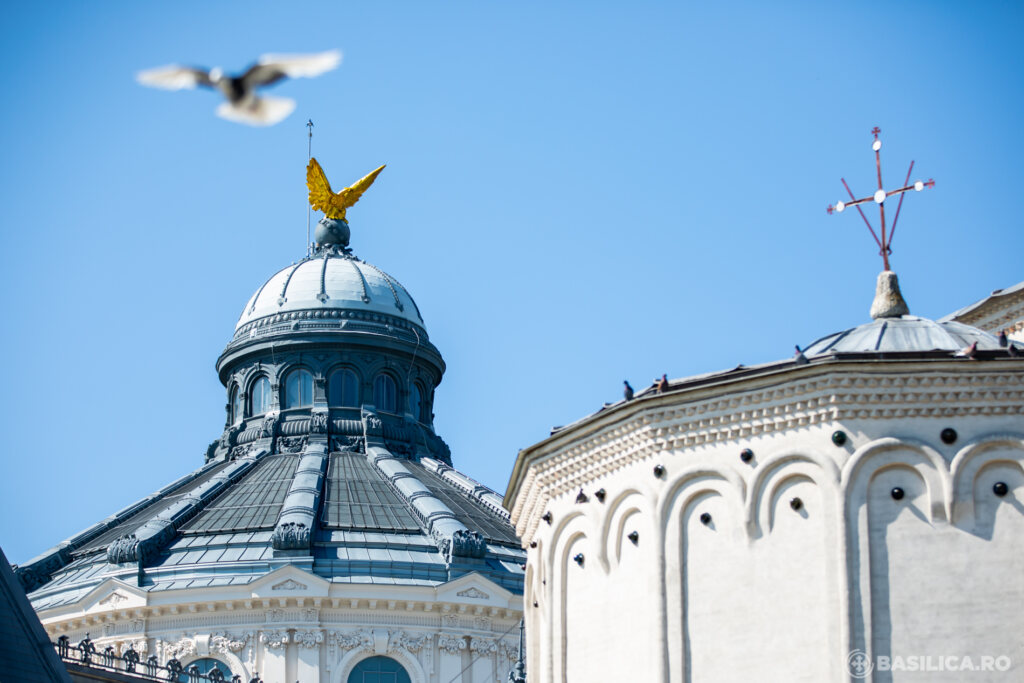Twenty-eight years have passed since Father Dumitru Stăniloae’s repose in the Lord. The Aristotle University of Thessaloniki first awarded him the title of Doctor honoris causa in 1976 on the recommendation of Athonite abbots. The theologian Olivier Clément called him “the greatest contemporary Orthodox theologian”, and the existentialist philosopher Emil Cioran said that “Philokalia is a capital monument in the history of our language.”
The work of Father Stăniloae to translate the Philokalia coincided with the participation in the meetings of the “Burning Bush” Movement at St Anthimos Monastery, where the Jesus Prayer was practised. Thus, the spiritual fidelity of the translation was guaranteed by his experience.
Father Dumitru Stăniloae was born on November 16, 1903, in Vlădeni, Brașov County. He attended the “Andrei Șaguna” High School in Brașov (1914-1922), the Faculty of Letters in Bucharest (one year) and the Faculty of Theology in Chernivtsi (1923-1927), where he obtained his doctorate in Theology (1928).
Metropolitan Nicolae Bălan of Transylvania sent him to study abroad. Returning to Romania, he became a professor at the Theological Academy in Sibiu (1935), then rector.
On October 16, 1931, he received the gift of the diaconate, and on September 25, 1932, he was ordained to the priesthood.
After 1944 he was expelled from the leadership of the Theological Academy. Then, under the pressure of Petru Groza, he was asked to leave Sibiu as well. With the support of professors Petre Vintilescu and Ioan Gh. Coman, he moved to the Faculty of Orthodox Theology in Bucharest, where he was employed in 1948 to coordinate PhD students.
In 1948 the activity of the Burning Bush group was banned, but the meetings continued in private. In 1958 he was arrested and sentenced to 5 years of forced labour for “conspiracy against the social order.” He was imprisoned in Jilava and Aiud.
He published numerous articles on theology on philosophical polemics with Lucian Blaga. He wrote works on the atheist persecution in Russia, about the relationship between Church and State. Until 1948, the first four volumes of the Philokalia appeared in Sibiu.
In 1963, after his release, at the behest of Patriarch Justinian, he was employed at the Library of the Holy Synod and the Theological Institute in Bucharest. The Department of Religious Affairs asked him to write theological works about interfaith dialogue with the West.
After 1968 he was invited to conferences, Freiburg, Heidelberg, Oxford, Paris, Strasbourg, Geneva, Tübingen, Athens, and Thessaloniki. He went to the Vatican, Greece and Egypt, as a member of the delegation of the Romanian Orthodox Church.
Fr Staniloae coordinated the doctoral studies of Patriarch Daniel.
Since 1976, the publishing of the Philokalia was resumed. He received numerous academic distinctions. In 1991 he became a member of the Romanian Academy.
He reposed in the Lord on October 5, 1993.
Fr Dumitru Staniloae is one of the names on the list of the Romanian priests and monks proposed for canonization in 2025 when the Romanian Orthodox Church will celebrate 140 years of autocephaly and 100 years of patriarchal status.







